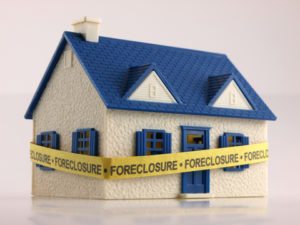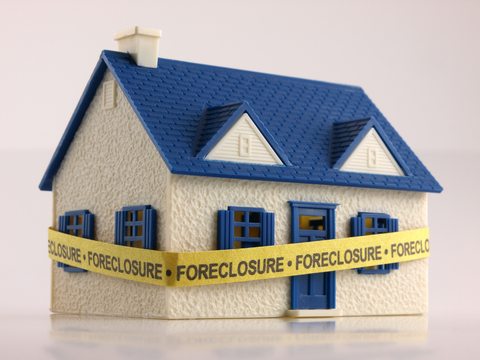 Mortgage foreclosure can occur if homeowners, who have taken a VA, conventional loan, or an FHA insured loan, default on the mortgage payments. Foreclosure can lead to the lender gaining possession of a borrower’s home. If the value of the home is less than the mortgage amount, the homeowner may have to pay the balance amount to the lender under a deficiency judgment. Foreclosures have a negative impact on the credit score of a home owner. In order to avoid foreclosure, there are several things that a homeowner can do.
Mortgage foreclosure can occur if homeowners, who have taken a VA, conventional loan, or an FHA insured loan, default on the mortgage payments. Foreclosure can lead to the lender gaining possession of a borrower’s home. If the value of the home is less than the mortgage amount, the homeowner may have to pay the balance amount to the lender under a deficiency judgment. Foreclosures have a negative impact on the credit score of a home owner. In order to avoid foreclosure, there are several things that a homeowner can do.
These include communicating to the lender one’s inability in making payments as soon as possible and requesting assistance. If necessary, homeowners should back their communication with relevant financial figures such as expenses and income from various sources. They should not abandon their premises or they may not qualify for the assistance. There are several housing counseling agencies approved by the U.S Department of Housing and Urban Development; they offer up-to-date information on the various programs initiated by government and private organizations that are designed to help homeowners facing the prospects of foreclosure. Housing counseling agencies, which also provide credit counseling services, provide their services at no cost.
In order to avoid forbearance, homeowners can try and apply for Special Forbearance. This may lead to a revision of the repayment schedule and in some cases the payment may either be revised or suspended. A rise in expenditure and a fall in the monthly income may enable homeowners to qualify for a new monthly plan. Similarly, mortgage modification may result in extension of the period of repayment and may open up refinancing options.
Homeowners who have undergone a financial crisis stand to benefit from mortgage modification as they can chart out a more manageable repayment plan. Homeowners can also take recourse to a deed-in-lieu of foreclosure. This entails voluntarily handing over the property to the lender. Such a deed does not hurt a homeowner’s credit rating as much as a foreclosure. A homeowner, who is a defaulter on payments, and does not qualify for other alternatives, has not been able to sell the house, and is not in default with respect to other mortgages, qualifies for a deed-in-lieu of foreclosure.
A homeowner’s qualification for any of the above mentioned alternatives is determined by the lender. However, homeowners should be aware of solutions that are not genuine. It is highly advisable to take the help of housing counseling agencies in such matters. Homeowners in financial difficulties are liable to fall prey to scams such as equity skimming in which a homeowner is tricked into signing the deed of the property to another person. There are several counseling agencies that are not genuine and often charge homeowners for services that can be done for free. It is imperative that homeowners check the background of the counseling agency before deciding to go with a particular firm.

